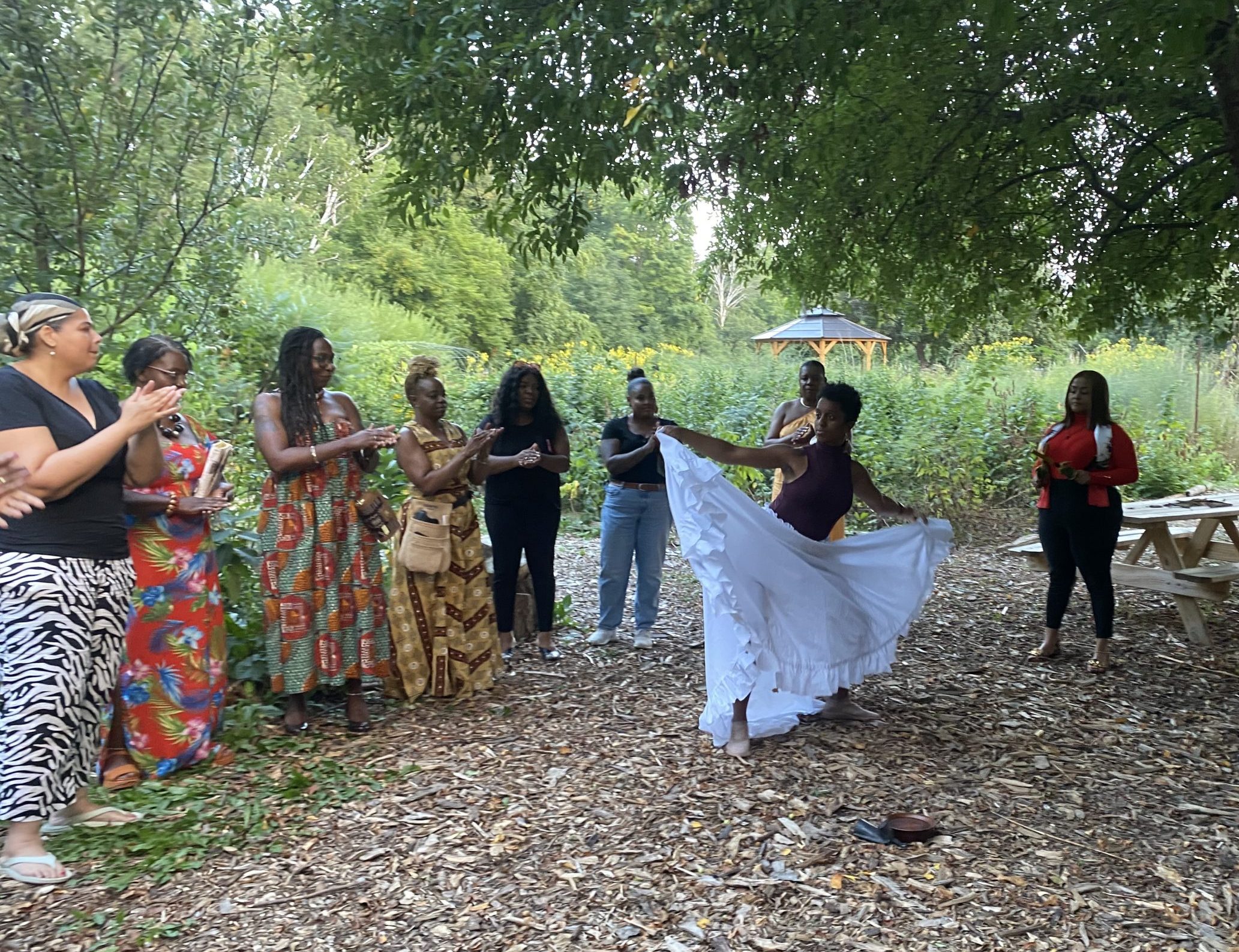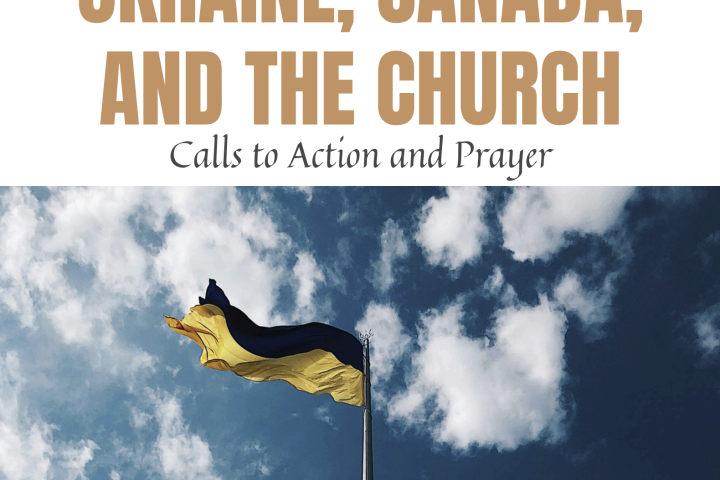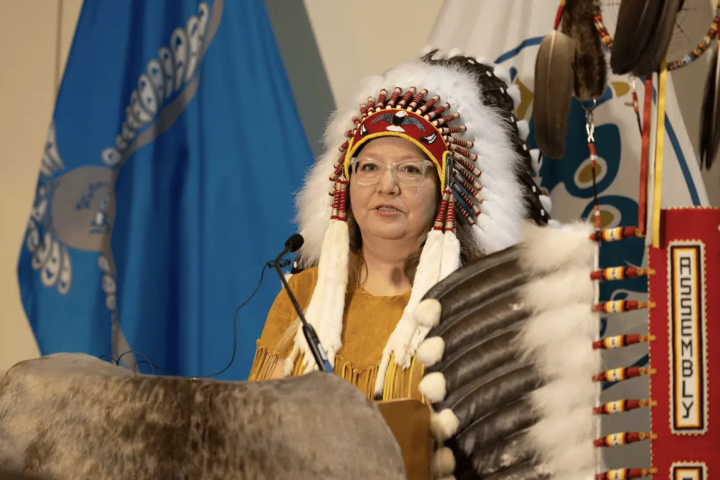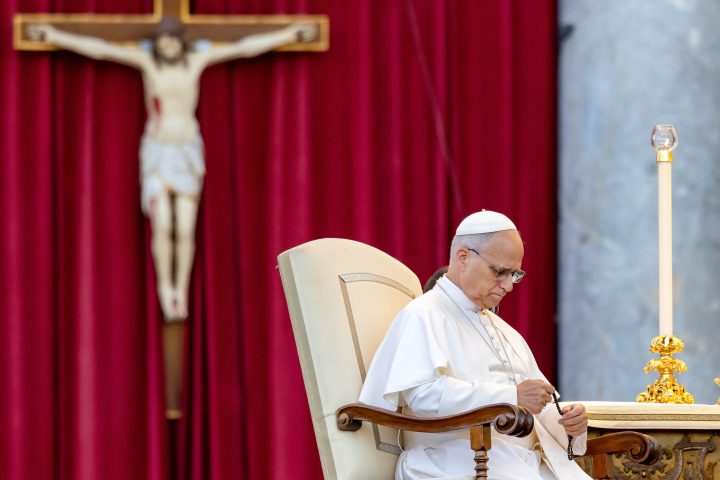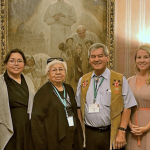TORONTO (CCN) — One year ago, Joane and Jean Bertho Remy packed up their lives in Haiti, leaving behind the only home they had ever known.
Gang violence and instability made it impossible to give their two young daughters a safe childhood and quality education, the same type of unrest that led to a three-month state of emergency across Haiti’s central corridor Aug. 9 as gang clashes intensified.
The Remys are Canadian permanent residents and live in Toronto. They immigrated through Canada’s Family Reunification Program.
“We came because our country is not safe. We would like a better life for our children,” Joane Remy said. “Finding a job has been very, very difficult.”
“Life is not easy … we want to work,” her husband added.
The couple receives some assistance from a family member who resides in the United States, but, as Catholics, they lean on their fellow Haitians in Toronto for social and spiritual support.
St. Elizabeth of Hungary in North York offers a Mass in Haitian Creole every third Sunday of the month. Earlier this year, Cardinal Francis Leo, archbishop of Toronto, joined the Haitian community and presided over one of the Masses.
Dr. Eric Pierre, Haiti’s Honorary Consulate General in Toronto, said the Mass has been celebrated for the past 12 years to gather the local Haitian community in a spiritual way.
“Creole is the mother tongue of most Haitians, and we express ourselves more naturally,” he said. “We can spread the Gospel and live through our faith in our own language.”
He said that even in the face of Haiti’s turmoil, surrendering to despair is not an option.
“What keeps you going is hope, and you get hope through your faith. You can use it as an instrument in your toolbox to live through the difficult times,” he said. “You can live through the events we are going through in Haiti and feel there is something in common between you and the other people.”
Haiti — a predominantly Catholic country — declared a three-month state of emergency across its core region Aug. 9 as gang violence intensified.
The Associated Press reported that the state of emergency would allow Haiti to address safety concerns and challenges of food scarcity and agricultural difficulties amid the violence.
Haitians were shaken after the Aug. 3 kidnapping of nine people at an orphanage near Port-au-Prince, the nation’s capital.
Archbishop Max Leroy Mésidor of Port-au-Prince condemned the crime, which included the kidnapping of an Irish lay missionary and a child with disabilities. He called it “a new act of barbarism” and a sign of “moral collapse, state failure, and a society losing its sense of life and human dignity.”
Pope Leo XIV, who has Black and Creole roots, called on the international community for concrete support that would allow Haitians to live in peace.
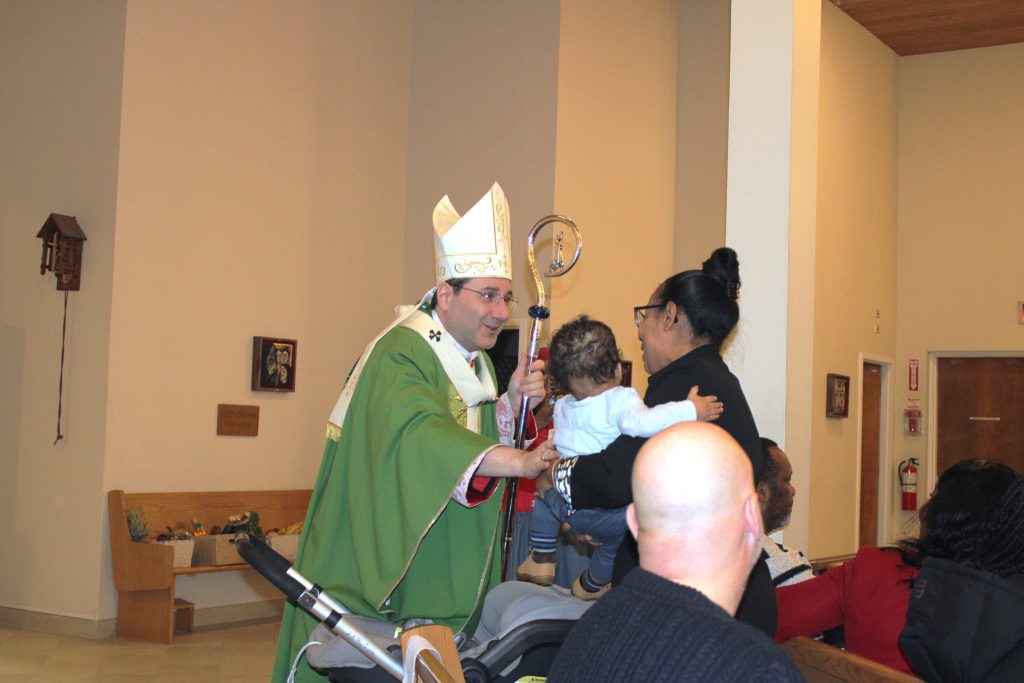
“The situation of the Haitian people is increasingly desperate,” he said at his Sunday Angelus Aug. 10. “News of murders, all types of violence, human trafficking, forced exiles and kidnappings is constant. I make an urgent appeal to all responsible parties to immediately release the hostages.”
As Haitians face a crisis at home — many, like the Remys, choose to embark on difficult journeys to Canada.
Deacon Rudy Ovcjak, director of the Office for Refugees at the Archdiocese of Toronto, told Canadian Catholic News his office has not seen an increase in Haitian refugees seeking assistance in recent weeks. However, different pathways are possible for Haitians who are able to make the trip to Canada.
“If Haitian nationals arrive to Canada under a visa, they’re able to apply for an inland asylum claim,” he said. “If a Haitian national flees from the country because of the corruption and violence in that country and goes to another country, where it’s not a durable solution, then we’re able to assist them with refugee sponsorship.”
One way the Church has actively been involved in assisting Haitian nationals is their work with Catholic Crosscultural Services, a settlement agency supported by the archdiocese and the federal government, he said.
For decades, Haitians have arrived in waves to Canada, in greatest number to Quebec, where they have contributed in shaping the culture of the province.
Mary Durran, Latin American programs officer at Development and Peace – Caritas Canada (D&P) in Montreal, continues the decades-long engagement of the Catholic organization with Haiti. She works to promote women’s rights, boost climate-resilient farming and lead long-term recovery from disasters. She was at Our Lady of Lourdes Parish in Toronto July 17 to give a presentation about the work of D&P in Haiti.
Durran says after the Trump Administration cut 83 percent of USAID programs — many of which supported D&P partner organizations, such as Caritas Haiti — the situation went from bad to worse.
“It’s made it harder for many of them to respond to the humanitarian situation on the ground, which is terrible, as 5.7 million people are facing acute hunger [in Haiti],” she said.
With Temporary Protected Status protections ending for Haitians residing in the United States in February 2026, Durran also noted that D&P is expecting more Haitians will seek asylum in Canada, particularly in Quebec.
“We’re starting to discuss what our response will be to it,” she said.
“It would be good to see some programs of solidarity, bringing Haitians in. Haitians are hard workers, they’re very resilient people, and there are work shortages,” she added.
As of Aug. 11, Haiti tops the list of countries whose citizens are seeking asylum at Canada’s land border this year, said Jacqueline Roby, spokesperson for the Canada Border Services Agency.
Haitians, who move to Montreal and choose to be part of the Catholic community, have a spiritual home in the Archdiocese of Montreal, which offers regular Creole Masses.
Alessandra Santopadre, an assistant in the archdiocese’s Office for Cultural and Ritual Communities, said the Haitian community in Montreal is vibrant.
“The Haitian community here is quite big, and filled with all kinds of people — young people, families … We work a lot with them,” she said.
In Toronto, where the Haitian population is smaller than in Montreal, groups and organizers in the city come together to celebrate their culture.
Jean-Jacques Rousseau, a professor at York University, organized Bois Caïman 2025 at Black Creek Community Farm Aug. 14. The event commemorated the 1791 Bois Caïman ceremony — a spiritual call to freedom that sparked the Haitian Revolution — with music, storytelling and cultural performances.
Rousseau noted that the spirit of resilience for the Haitian people that emerged 234 years ago persists today as the country navigates violence and instability.
“Two hundred thirty-four years ago, there was no Haiti. It was a French colony that had enslaved peoples from different ethnic and linguistic groups. … These people sometimes didn’t even understand each other,” he said. “Today, it feels like Haiti is a coherent place, but that was not always the case.
Historically, Haitians found a way to come together in solidarity “across languages, cultures and ethnic groups.”
“We need that more than ever today.”
Jessica Meditz is a staff reporter and digital media producer for DeSales Media Group of the Diocese of Brooklyn. She produced this report onsite as part of the God in the City Catholic journalism seminar in Toronto.


